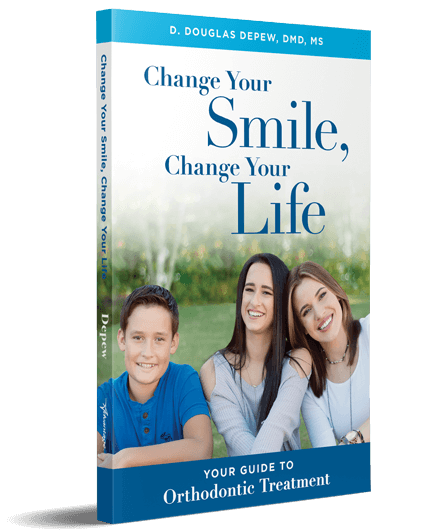Sleep disorders are common, with over 70 million Americans suffering from one of the 80+ varieties, according to the Cleveland Clinic. Sleep disturbances are not just an annoyance that cause daytime sleepiness, but serious health concerns that are associated with heart disease and a shortened life span.
One of the most common kinds of sleep disorders is sleep apnea, which affects approximately 20 million Americans. Sleep apnea has been linked to diabetes, stroke, systemic inflammation, rheumatoid arthritis, and more. It can also affect oral health in a number of ways.
Sleep Apnea Basics
Before we look at how sleep apnea can affect your oral health, let’s first look at what it is.
Sleep apnea describes a condition in which the breath is stopped multiple times during sleep. There are two main kinds, central and obstructive. (A third kind, mixed, is a combination of the two.) Central sleep apnea is less common than obstructive sleep apnea and is caused by problems with the signals coming from the brain to the muscles that control breathing.
Obstructive sleep apnea (OSA) is more common and is typically caused by obstruction of the upper airway, such as swollen nasal passages or soft tissue in the throat that collapses during sleep. This type of sleep apnea can often be successfully addressed with orthodontic intervention, while central sleep apnea cannot.
How Sleep Apnea Can Affect Your Oral Health
Tooth grinding
Grinding your teeth – also called bruxism – is a common symptom of sleep apnea. This is the main source of problems for oral health connected with sleep apnea. Many people who grind their teeth aren’t even aware of it, as it happens during sleep. Dentists look for telltale signs of grinding like worn-down tooth surfaces. Bruxism can lead to pain in the face, head, ear, and jaw joint (TMJ).
(Note that there are many other causes of tooth grinding, including stress and consumption of alcohol, cigarettes, and caffeine. No matter the cause, tooth grinding can do damage, so talk to your dentist if you suspect that you grind your teeth.)
Problems with the teeth
Due to intense forces it causes, tooth grinding can lead to broken teeth and dislodged fillings. Plus, as the hard enamel layer wears down over time, teeth become more susceptible to decay, leading to cavities and potential infection.
Gum inflammation and gum disease
Tooth grinding can also cause the gums to recede over time, leading to inflammation of the gums (gingivitis) or gum disease (periodontitis). Gingivitis can be reversed fairly easily with good attention to brushing and flossing, but if not caught in time can progress to periodontitis, which itself can lead to bleeding gums, tooth loss, and infection. It’s a serious condition that needs to be addressed by a professional.
Orthodontic Treatments Available
If you are diagnosed with OSA, you have many options for treatment, including the use of a continuous positive airway pressure (CPAP) machine, which is typically the first line of treatment. While it’s highly effective, the downside of the CPAP machine is that many people find it uncomfortable and difficult, if not impossible, to use night after night.
Fortunately, there are orthodontic alternatives to the CPAP machine worth exploring that can address sleep disorders in both children and adults, including expanders and nighttime appliances. These treatments work because they improve airflow through the airway so the breath is not interrupted during sleep, and compliance is typically much higher than with CPAP machines.
Don’t Ignore Sleep Disorders, Treat Them
Sleep is a crucial part of health. If your sleep is routinely disturbed, speak to your doctor about undergoing a sleep study so you can get a diagnosis and start seeking treatment. Depending on your diagnosis, you may also want to speak to your dentist or orthodontist about treatment. At our practice, we evaluate patients who come to us with sleep disorders and offer customized solutions. The results can be life-changing.
Sources:
https://my.clevelandclinic.org/health/articles/11429-common-sleep-disorders
https://www.sleepapnea.org/learn/sleep-apnea-information-clinicians/

